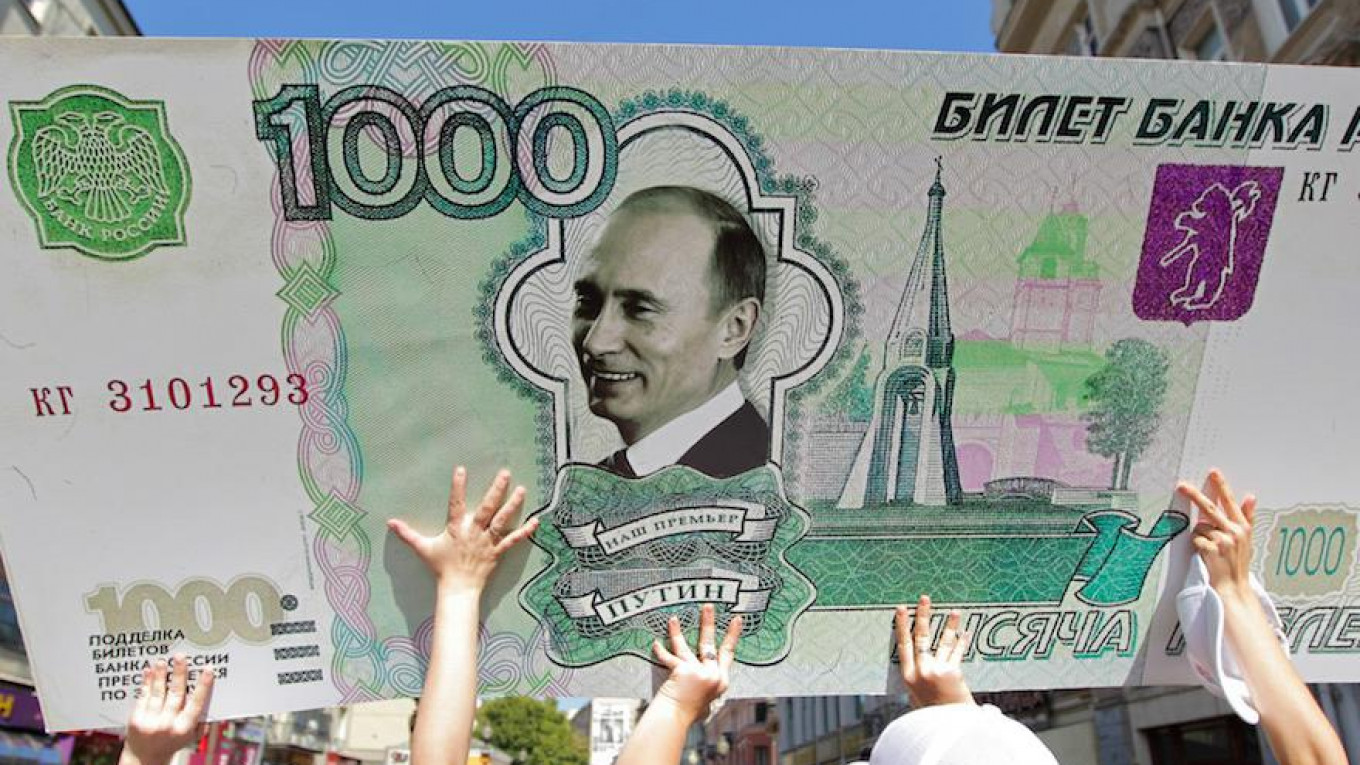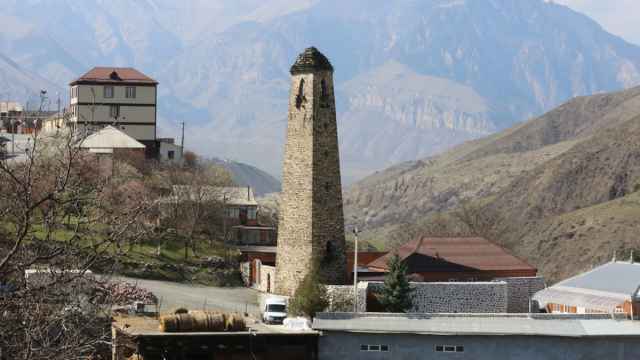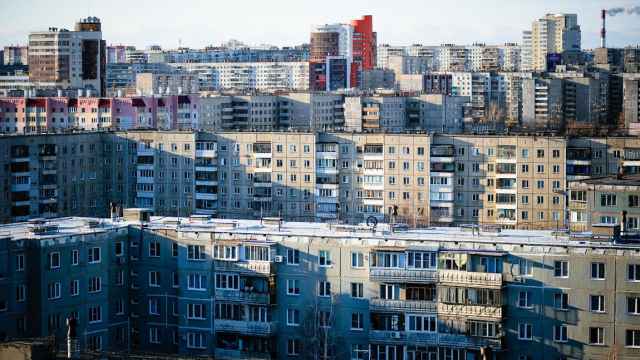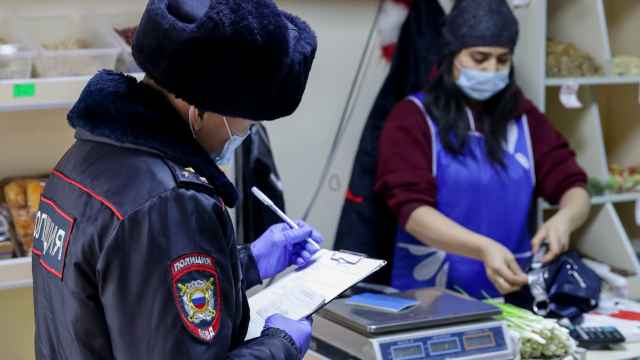As Russia's 2018 presidential elections draw nearer, the government has prepared a socio-economic development plan forecast through 2025. Prime Minister Dmitry Medvedev presented it himself to President Vladimir Putin.
But neither has carefully studied a competing economic strategy developed — on Putin’s request — by former Finance Minister and current Strategic Development Center Chairman Alexei Kudrin.
What’s more, the Stolypin Club, which is run by Boris Titov, presidential business ombudsman, and which calls itself “an expert platform for market-oriented realists,” has prepared a third strategy. Anyone interested can download it, praise it, or criticize it.
Kudrin refused to publish his strategy until “it is approved by the president” and Economic Development Minister Maxim Oreshkin classified the economic plan prepared by the government as “for official use only.”
The contents of those strategies are still unclear. But there is evidence to indicate what they do not include.
The annual growth potential of the Russian economy is limited to 1.5 percent – 2 percent. Not only do structural and demographic constraints hamper it, so do institutional limitations.
However, leaders avoid discussing these in any detail. To reduce what the Federal Antimonopoly Service reports is the state’s 70-percent share in the economy, to combat “official extortion,” and to reduce military spending – that is, to deal with the very things that stymie economic growth – requires radical political decisions that nobody is prepared to make.
According to one senior official with knowledge of the economic plans, they sidestep these issues and essential “promote what is good and oppose what is bad. But they offer a gaping hole where the main substance should have been.”
And while officials and analysts discuss how to restart the stagnant economy, the FSB and Federal Guard service are given the right to seize land “for state needs.” Moscow Mayor Sergei Sobyanin is attempting to put municipal law above the Constitution, and state corporation Rostec is extending its areas of interest from weapons and industry to the mega-data of users.
Denying that a connection exists between politics and the economy makes it that much harder for the authors of these strategies to make headway.
What these strategies lack is an honest answer to the reasons why the Russian economy is so incredibly inefficient
With hydrocarbon export revenues falling, a 50 percent weaker ruble slowing the development of non-raw materials exports, and Russian companies finding it more difficult to finance their projects than they did after the last crisis, the government is looking to get cash — not out of the earth — but out of its citizens.
The new strategies likely contain measures for compelling people to work longer and harder. They are likely to compel Russians to give more of what they earn to the state and they will probably ensure that the government gathers every penny owed to state coffers.
What these strategies lack is an honest answer to the reasons why the Russian economy is so incredibly inefficient – though each of those reasons has a first, middle, and last name.
A Message from The Moscow Times:
Dear readers,
We are facing unprecedented challenges. Russia's Prosecutor General's Office has designated The Moscow Times as an "undesirable" organization, criminalizing our work and putting our staff at risk of prosecution. This follows our earlier unjust labeling as a "foreign agent."
These actions are direct attempts to silence independent journalism in Russia. The authorities claim our work "discredits the decisions of the Russian leadership." We see things differently: we strive to provide accurate, unbiased reporting on Russia.
We, the journalists of The Moscow Times, refuse to be silenced. But to continue our work, we need your help.
Your support, no matter how small, makes a world of difference. If you can, please support us monthly starting from just $2. It's quick to set up, and every contribution makes a significant impact.
By supporting The Moscow Times, you're defending open, independent journalism in the face of repression. Thank you for standing with us.
Remind me later.








